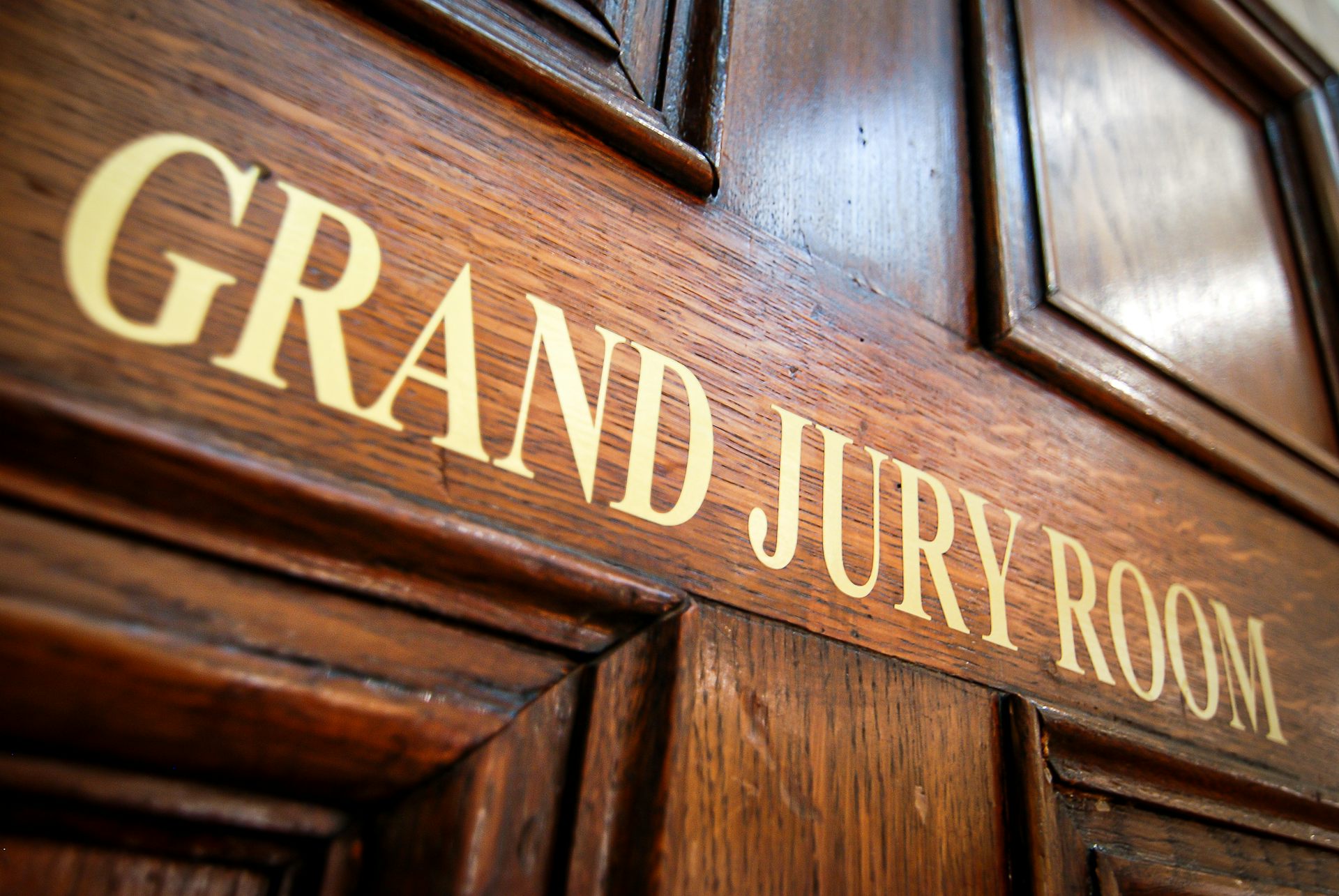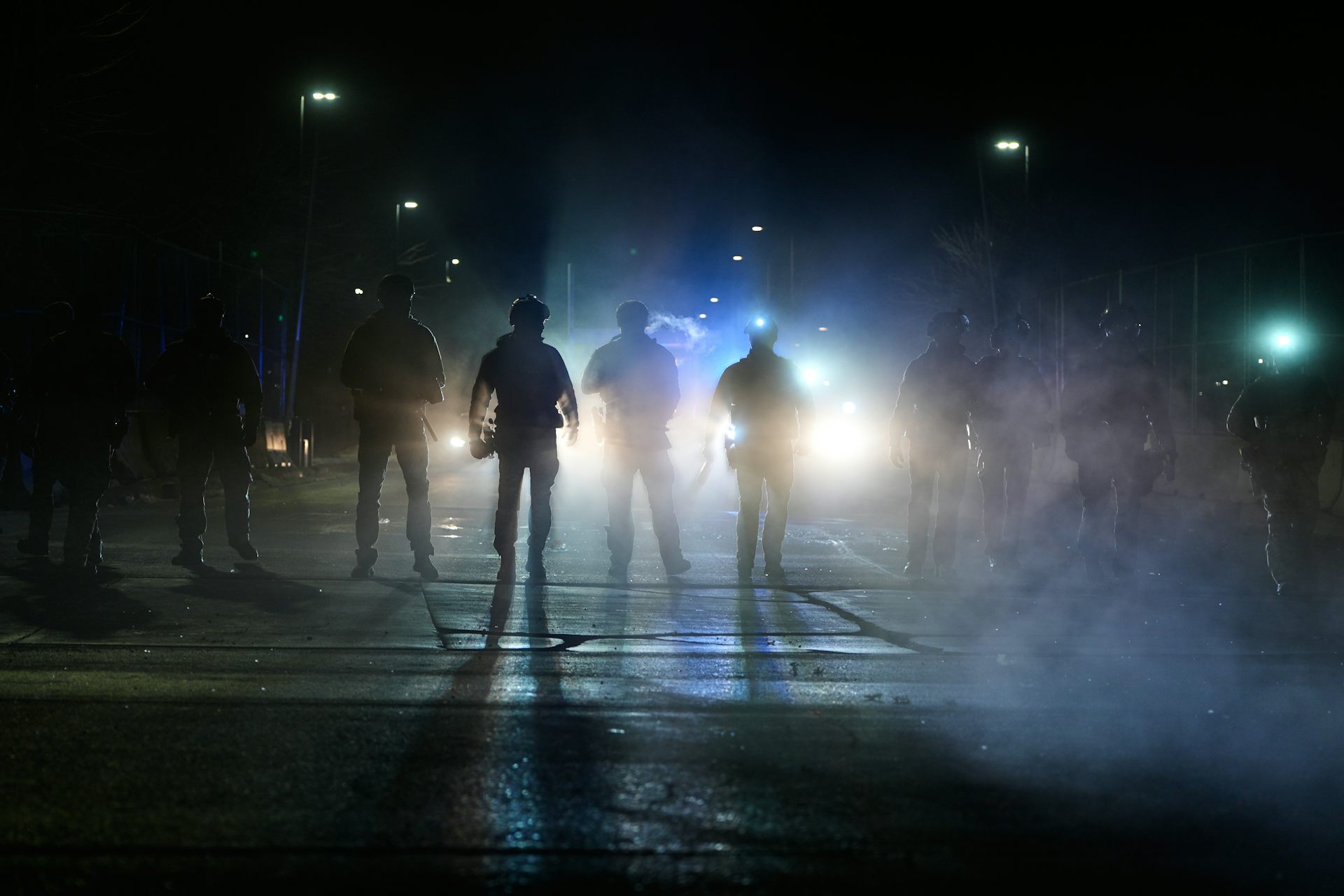Who are Jehovah's Witnesses?
There are over eight million Jehovah's Witnesses in 240 countries worldwide. They have no political affiliations and they renounce violence. However, they have been easy targets for many governments.
The Russian Supreme Court recently sanctioned Jehovah’s Witnesses as an extremist group. This ruling criminalizes Jehovah’s Witnesses who express their beliefs and allows the Russian government to liquidate any property held by the organization.
There are over eight million Jehovah’s Witnesses in 240 countries worldwide. Russia, with a population of more than 150 million, has a total of 117,000 Jehovah’s Witnesses – one Jehovah’s Witness per 850 people.
Who are Jehovah’s Witnesses, and why would the Russian, or any, government consider them to be a threat?
Early history
The story of Jehovah’s Witnesses begins in the late 19th century near Pittsburgh, Pennsylvania, with a group of students studying the Bible. The group was led by Charles Taze Russell, a religious seeker from a Presbyterian background. These students understood “Jehovah,” a version of the Hebrew “Yaweh,” to be the name of God the Father himself.
Russell and his followers looked forward to Jesus Christ establishing a “millennium” or a thousand-year period of peace on Earth. This “Golden Age” would see the Earth transformed to its original purity, with a “righteous” social system that would not have poverty or inequality.
Russell died in 1916 without witnessing the return of Jesus Christ.
But his group endured and grew. The name “Jehovah’s Witnesses” was formally adopted in the 1930s.
Early Jehovah’s Witnesses believed 1914 to be the beginning of the end of worldly governments that would culminate with the Battle of Armageddon. Armageddon specifically refers to Mount Megiddo in Israel where some Christians believe the final conflict between good and evil will take place. Jehovah’s Witnesses, however, expected that the Battle of Armageddon would be worldwide with Jesus leading a “heavenly army” to defeat the enemies of God.
They also believed that after Armageddon, Jesus would rule the world from heaven with 144,000 “faithful Christians,” as specified in the Book of Revelation. Other faithful Christians would be reunited with dead loved ones and live on a renewed Earth.
Over the years, Jehovah’s Witnesses have reinterpreted elements of this timeline and have abandoned setting specific dates for the return of Jesus Christ. But they still look forward to the Golden Age that Russell and his Bible students expected.
Given the group’s belief in a literal thousand-year earthly reign of Christ, scholars of religion classify Jehovah’s Witnesses as a “millennarian movement.”
What are their beliefs?
Jehovah’s Witnesses deny the Trinity. For most Christians, God is a union of three persons: Father, Son and Holy Spirit.
Instead, Jehovah’s Witnesses believe that Jesus is distinct from God – not united as one person with him. The “Holy Spirit,” then, refers to God’s active power. Such doctrines distinguish Jehovah’s Witnesses from mainline Christian denominations, all of which hold that God is “triune” in nature.

But like other Christian denominations, Jehovah’s Witnesses praise God through worship and song. Their gathering places are called “Kingdom Halls,” which are ordinary-looking buildings – like small conference centers – that have the advantage of being easily built. Inside are rows of chairs and a podium for speakers, but little special adornment. Jehovah’s Witnesses are best known for devoting a substantial amount of time to Bible study and door-to-door evangelizing.
Their biblical interpretations and missionary work certainly have critics. But it is the political neutrality of the group that has attracted the most suspicion.
Jehovah’s Witnesses accept the legitimate authority of government in many matters. For example, they pay taxes, following Jesus’ admonition in Mark 12:17 “to render unto Caesar what is Caesar’s.”
But they do not vote in elections, serve in the military or salute the flag. Such acts, they believe, compromise their primary loyalty to God.
A history of persecution
Jehovah’s Witnesses have no political affiliations, and they renounce violence. However, they make an easy target for governments looking for internal enemies, as they refuse to bow down to government symbols. Many nationalists call them “enemies of the state.”
As a result, they have often suffered persecution throughout history in many parts of the world.
Jehovah’s Witnesses were jailed as draft evaders during both world wars. In a Supreme Court ruling in 1940, school districts were allowed to expel Jehovah’s Witnesses who refused to salute the American flag. Through subsequent legal battles in the 1940s and 1950s, Jehovah Witnesses helped expand safeguards for religious liberty and freedom of conscience both in the United States and Europe.
In Nazi Germany, Jehovah’s Witnesses were killed in concentration camps; a purple triangle was used by the Nazis to mark them. In the 1960s and ‘70’s, scores of African Jehovah’s Witnesses were slaughtered by members of The Youth League of the Malawi Congress Party for refusing to support dictator Hastings Banda. Many Witnesses fled to neighboring Mozambique, where they were held in internment camps.
Now it is Russia.

The Russian Supreme Court maintains that the country needs to be protected from disloyal religious fanatics. But Jehovah’s Witnesses see themselves threatened by nationalists who are far more dangerous.
Jehovah’s Witnesses attach a great importance to dates. Many Jehovah’s Witnesses are filled with foreboding, as April 20, the day the Russian Supreme Court ruled against them, is also the birthday of Adolf Hitler.
Their memories of persecution have not faded with time.
Mathew Schmalz does not work for, consult, own shares in or receive funding from any company or organization that would benefit from this article, and has disclosed no relevant affiliations beyond the academic appointment above.
Read These Next
Trump administration losing credibility with judges and grand juries – a former federal judge explai
Grand juries, historically rubber stamps for prosecutors’ attempts to indict, are rejecting the Trump…
There’s long-lasting, negative effects for children like Liam Ramos who are detained, or watch their
Children with a parent or family member who is detained, or are part of a drawn-out immigration court…
How government killings and kidnappings in Argentina drove mothers to resist and revolt − and eventu
After the regime ‘disappeared’ their children, Argentina’s Madres de la Plaza de Maya relentlessly…





